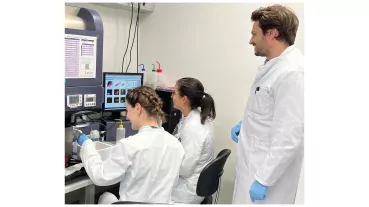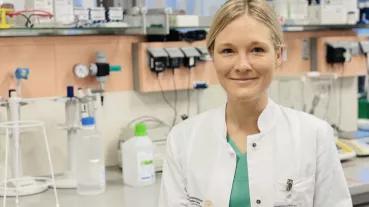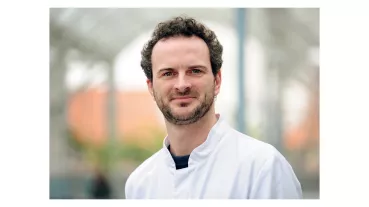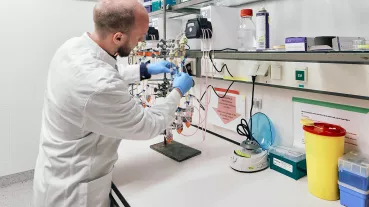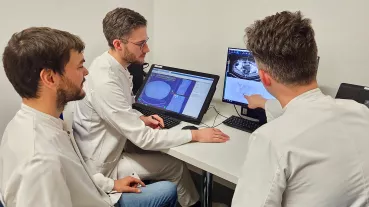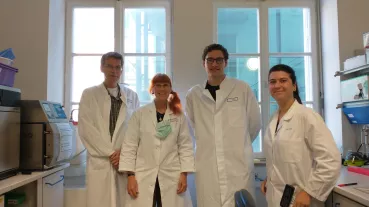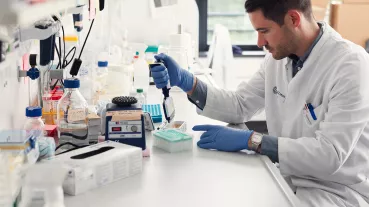Preclinical Evaluation of a proprietary antibody for cancer treatment
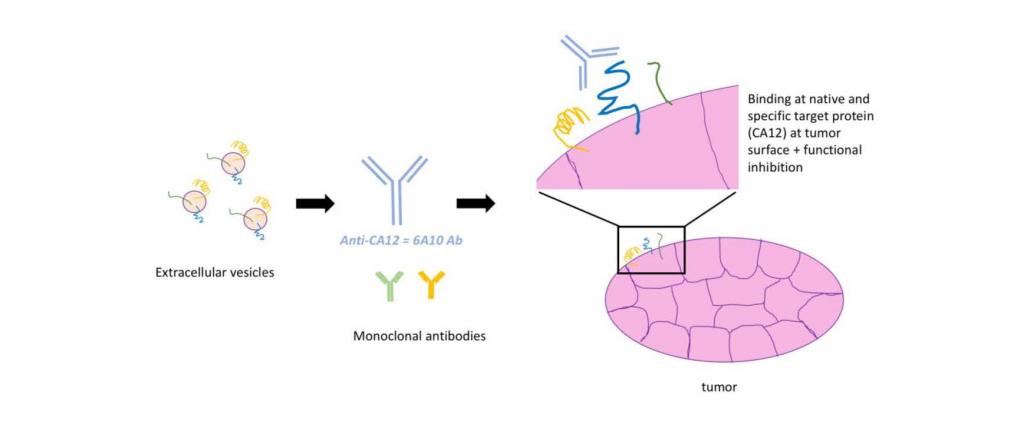
Therapeutic monoclonal antibodies (mAbs) for targeted treatment of cancer are a preferred class of drugs with a huge and ever-growing market potential. Conventional mAb generating procedures have technology-based limitations in identifying novel targets and developing new mAbs targeting multimeric membrane proteins. Thus, the number of known druggable targets on cancer cells is still low, with a need to develop more effective methods to successfully and cost-effectively generate antibodies against these difficult targets in a timely manner.
We have developed a proprietary immunization approach based on extracellular vesicles, which we use for efficient target identification and antibody generation. Our most advanced therapeutic candidate is '6A10' that binds to, and blocks, human carbonic anhydrase XII, an enzyme overexpressed on many types of human cancer.
Within the brain, CA12 expression is strictly confined to malignant cells, making the enzyme a tumor-specific target. Hence, the BMBF and the Helmholtz Validierungsfond granted us EUR 3.5 Mio. for the development of an experimental therapy for glioblastoma multiforme. Here, the antibody (or more exactly: the specific part of the antibody) will be labelled with Lutetium-177 and applied locally into the brain where it hopefully detects and destroys disseminated tumor cells, thus significantly improving the patients' clinical prognosis.
The EKFS/ForTra funding will help us to further develop 6A10 for the treatment of other types of cancer and to establish functional assays which allow for the rapid and efficient selection of the most promising therapeutic antibody candidates.
Here you can get further information.
